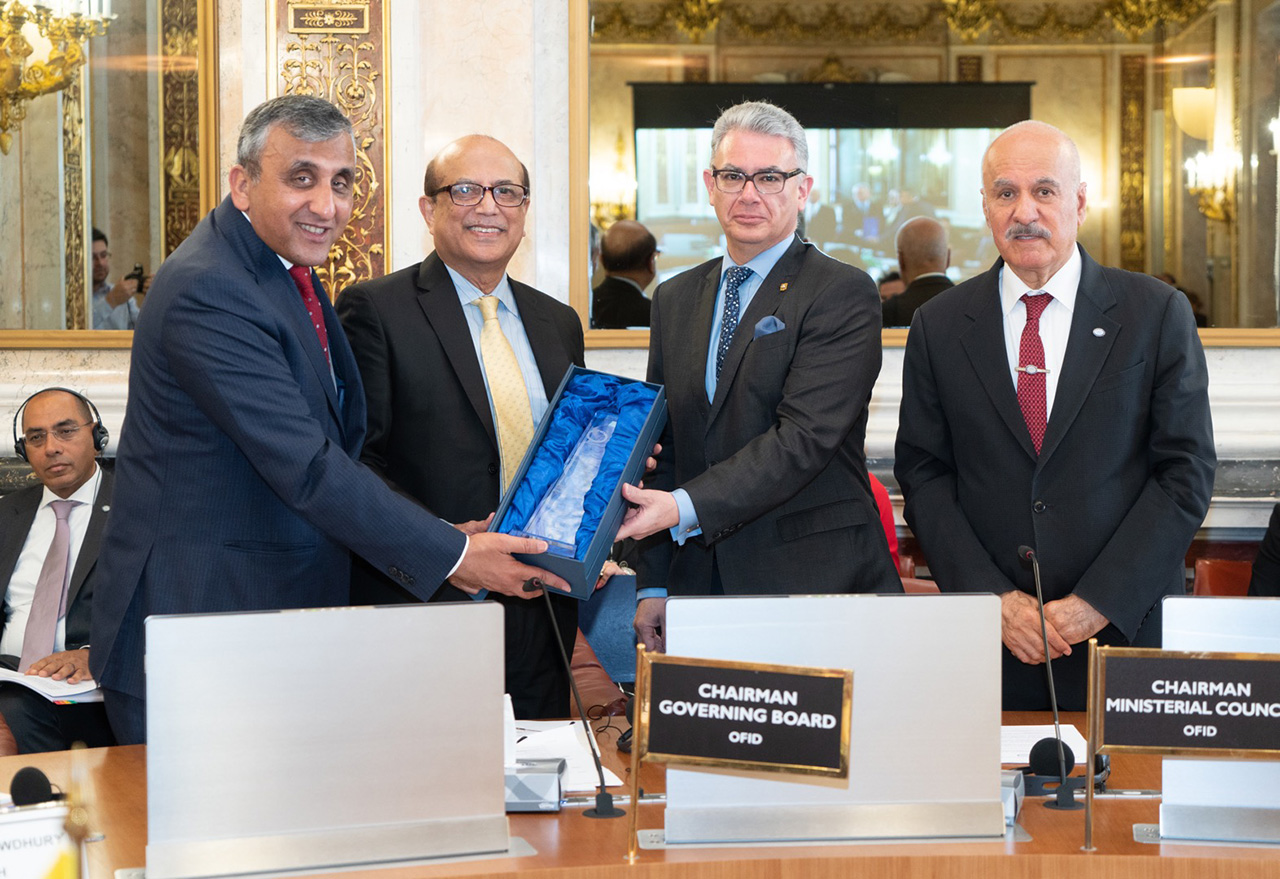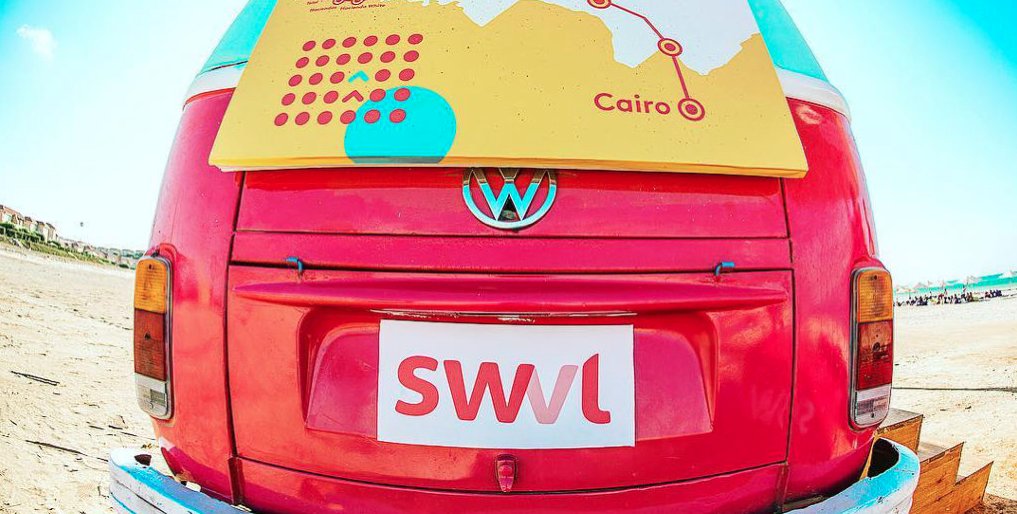The OPEC Fund for International Development (OFID) launches new strategy, sets sights on sustainable growth and maximum development impact
OFID’s highest policy-making body, the Ministerial Council, held its 40th Annual Session in Vienna, Austria, and approved the general principles of OFID’s new Strategic Framework. The new strategy affirms OFID’s commitment to providing support to developing countries – especially low-income countries – in an increasingly complex and challenging development landscape.
At the Ministerial Council meeting, OFID Director-General Dr. Abdulhamid Alkhalifa said: “OFID’s vision is to be a relevant, agile and efficient development finance institution that can deliver maximum development impact to its partner countries while becoming self-sustainable in financing its operations.”
Over the coming months, OFID will embark on a journey to diversify its financial resources and to implement a coherent and consistent set of actions aimed at creating greater efficiency throughout the institution and equipping it with more innovative and responsive operational and financial instruments.

As part of its new strategy, OFID will renew its focus on partnerships. OFID works closely with organizations such as the World Bank, regional development banks and the bilateral and multilateral agencies of OFID member countries, as well as specialized agencies of the United Nations. In addition to strengthening existing partnerships, OFID aims to form new relationships to revitalize the global partnership in support of sustainable development.
In keeping with previous years, a highlight of the Ministerial Council’s public session was the presentation of the OFID Annual Award for Development. The 2019 Award was bestowed on Vida Duti – Country Director of the IRC International Water and Sanitation Centre in Ghana – in recognition of her remarkable work and engagement in ensuring sustainable water, sanitation and hygiene (WASH) services for the population of Ghana (see press release PR14).
The Ministerial Council also considered and approved OFID’s financial statements and 2018 Annual Report, which shows cumulative commitments to global development exceeding US$23.4 billion.
OFID aims to continue to support the global efforts to overcome development challenges, as it has done since 1976, by extending concessionary financial assistance; participating in the financing of private sector activities in developing countries; contributing to the resources of other development institutions.
Since it was established, the organization has improved its capabilities and operational reach to support South-South development and socioeconomic growth in partner countries around the world. Public Sector lending, including to low-income countries, will continue to represent the largest portion of OFID’s loan portfolio, going forward.
The Ministerial Council comprises the finance ministers and other high-level representatives of OFID Member Countries. It meets once a year.
Kelechi Deca

Kelechi Deca has over two decades of media experience, he has traveled to over 77 countries reporting on multilateral development institutions, international business, trade, travels, culture, and diplomacy. He is also a petrol head with in-depth knowledge of automobiles and the auto industry.










